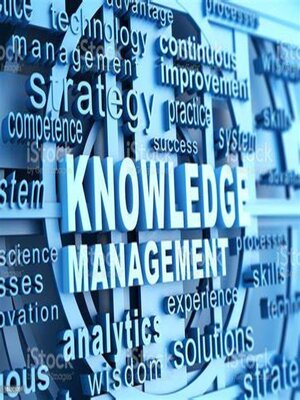
Sign up to save your library
With an OverDrive account, you can save your favorite libraries for at-a-glance information about availability. Find out more about OverDrive accounts.
Find this title in Libby, the library reading app by OverDrive.



Search for a digital library with this title
Title found at these libraries:
| Library Name | Distance |
|---|---|
| Loading... |
Costs and benefits analysis concept measures consumer's individual or employee's individual behavior
Entrepreneur needs to know costs and benefits analysis can be applied to predict when consumption behavior will be caused. The methods in behavioral economics are the same as those in other areas of economies. In fact, behavioral economics relied heavily on evidence generated by experiments. More recently, however, behavioral economists have moved beyond experimentation and the full range of methods are employed by economists. The experiment played a large role in the initial phase of behavioral economics because experimental control is exceptionally helpful for distinguishing behavioral explanations from standard ones.
Suppose we observed this phenomenon in these any one of cares, in the form of failures of legal cases to settle before trial, costly divorce proceedings, and labor strikes. They are phenomenons of human' behaviours are caused by costs and benefits measurement of result. Also, behavioural economy would be difficult to tell whether rejection of offers was the result of reputation-building in repeated games, agency problems ( between clients and lawyers), confusion, or an expression of distaste for being treated unfairly. However, in these game experiments of failures of legal cases to settle before trial, costly divorce proceedings, and labor strikes. The first three of these explanations are ruled out because the experiments are played once, have no agents, and are simple enough to rule out confusion. Thus, the experimental data clearly establish that subjects are expressing concern for fairness. Other experiments have been useful for testing whether judgment errors which individuals commonly make in psychology experiments also affect prices and quantities in markets. The lab is especially useful for these studies because individual and market-level data can be observed. Although behavioral economists relied on experimental data, however, behavioral economics subject is seen as a very different method from experimental economics. As noted, behavioral economists are methodological profession. They define themselves, not on the basis of the research methods that who employ, but rather their application of psychological insights to economics. Experimental economists, on the other hand, define themselves on the basis of use of experimentation which is as a research tool.
Also, economists have made a major investment in developing experimental methods that are suitable for addressing economic issues, and have achieving among themselves on a number of important issues. For example, experimental economists often make instructions and software available for precise replication, and raw data are typically shared for reanalysis. Experimental economists also insist on paying performance-based. However, experimental economists have also developed rules that many behavioral economists are likely to find excessively . For example, experimental economists rarely collect data like demographics, self-reports, response times and other cognitive measure which behavioral economists have found useful. Descriptions of the experimental environment are usually abstract rather than which are carried on experiment in the outside world because economic theory rarely makes a prediction about how a happen would matter, and experimenters are concerned about losing control over incentives if choosing strategies with certain labels is appealing because of the labels themselves.
Finally, economic experiments also typically use "stationary replication", in which the same task is repeated over and over in each period. Data from the last few periods of the experiment...







